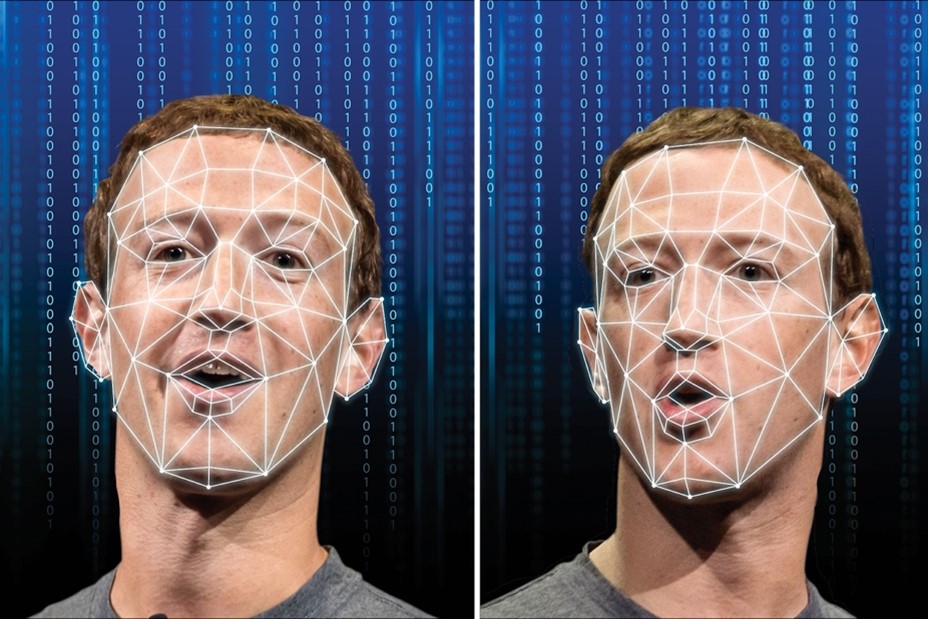The Future of Technology: Deepfake’s International Implications and Regulation

The digital revolution, also referred to as the third industrial revolution, began in the 1980s involved the switch of mechanical technology to digital technology and one of the products of this era is deep learning technology and deepfakes. Deep learning technology mimics the human brain and in turn can recognize, classify, and describe objects in the dataset. Deepfakes are created through deep learning technology and appear in either audio, video, textual, image or live form. In 2019 there was approximately 15,000 deepfakes on the internet and experts estimate that the number of deepfakes online double every six months. Deepfakes are often used to impersonate another person and over 90% of deepfakes found online are pornographic.
Deepfakes have the potential to damage one’s reputation, put someone or a company in financial ruin, and even create international controversy. One example is that in 2020 a live deepfake audio was used to mimic the voice of the CEO of a German company. With the use of the technology the scammers were able to convince employees to wire €200,000 to a Hungarian bank account. Another example is that in 2018 a deepfake video depicted of Former President Donald Trump criticizing Belgium stance on climate change. Fortunately, the video was unsophisticated and spotted as a deepfake, but some were unable to tell, and the video sparked outage. Most recently, in March of 2022, a deepfake video of President Vladimir Putin declaring peace during the Ukrainian-Russian war was shared on the Meta platform. In the wake of a war, where cell phones and social media platforms are often readily accessible, misinformation through deepfakes can have consequential effect in imperative matters. Each of these examples show that deepfakes are an issue that require international cooperation to tackle and either eliminate or regulate.
Due to the nature of deepfake and the ease of spreading them through social media platforms there is a mass need to criminalize them. Unfortunately, currently, there is little to no legislation surrounding them on the national level and the international level. One relevant piece of international treaty is the Budapest Convention. The Budapest Convention treaty was the first treaty that focused on crimes committed on via cyberspace and was ratified in 2004. The treaty is described as legal document that creates framework to lessen cybercrimes. The treaty requires states who have ratified it criminalize acts that are committed over cyberspace. The Budapest Convention mainly focuses on child related sex offense, and little is discussed about other common victims of deepfakes. As demonstrated by the deepfakes of President Vladimir Putin, Former President Donald Trump, women who are over the age of 18 and are victims of deepfake revenge porn, and even men it is clear there are many victims who need avenues for justice. Although the Budapest Convention has created framework for some victims to get justice it must expand its scope.
Article Written by: Leah Dawitt
Sources:
Techopedia – Digital Revolution – Last updated Dec. 12, 2017, available at https://www.techopedia.com/definition/23371/digital-revolution.
IBM – What is Deep Learning, available at https://www.ibm.com/topics/deep-learning.
Q5id – A Deep Dive into Deepfake Types – Oct. 24, 2022, available at https://q5id.com/blog/a-deep-dive-into-deepfake-types.
Guardian – What are Deepfakes – and How Can You Spot Them? – Jan. 13, 2020, available at https://www.theguardian.com/technology/2020/jan/13/what-are-deepfakes-and-how-can-you-spot-them.
Carnegie Endowment for International Peace – How Should Countries Tackle Deepfakes? – Jan. 28, 2019, available at https://carnegieendowment.org/2019/01/28/how-should-countries-tackle-deepfakes-pub-78221.
BBC – Deepfake President Used in Russian-Ukrainian War – Mar. 18, 2022, available at https://www.bbc.com/news/technology-60780142 (last visited Jan. 8, 2023).
Council of Europe – Protecting Women and Girls from the Violence of the Digital Age Wilk – Dec. 2021, available at https://rm.coe.int/the-relevance-of-the-ic-and-the-budapest-convention-on-cybercrime-in-a/1680a5eba3.
